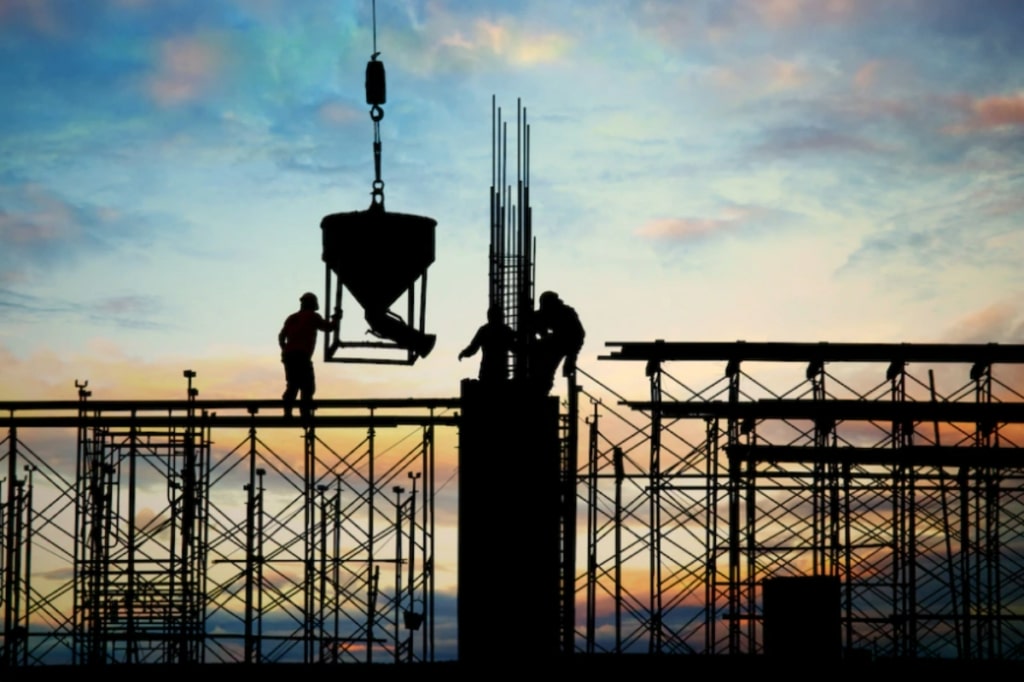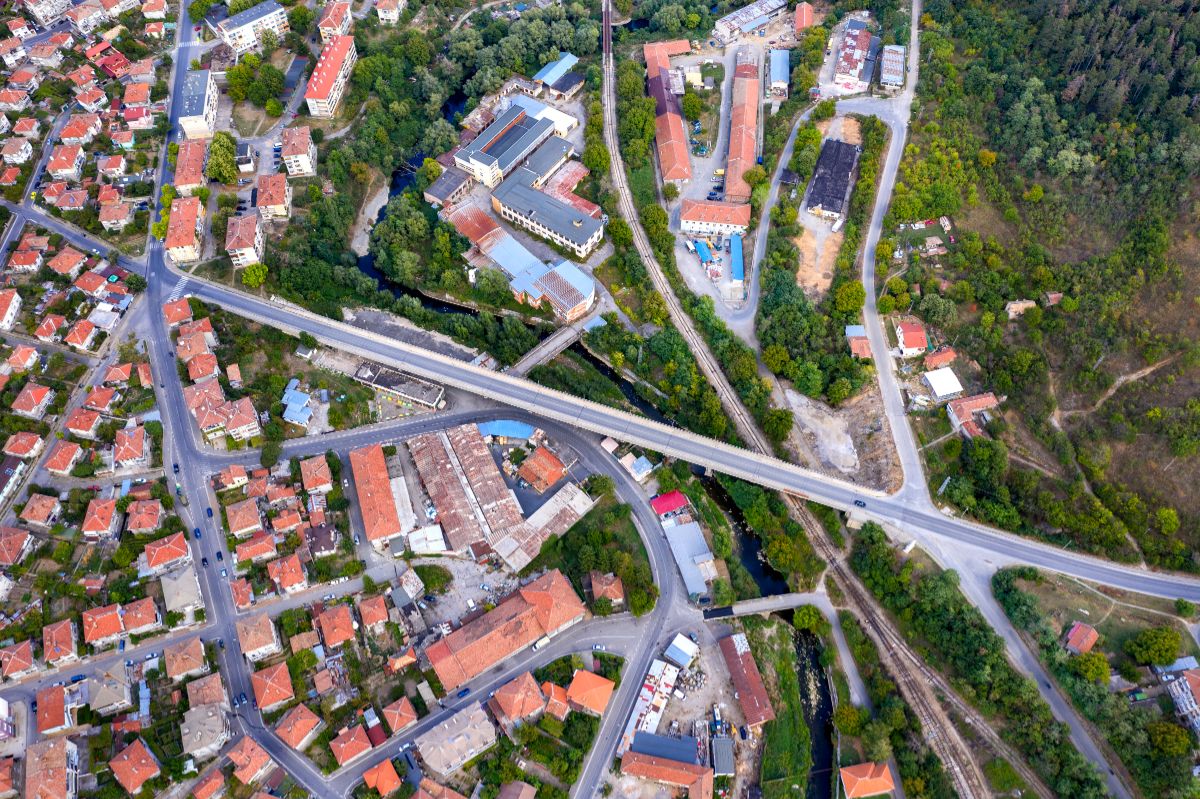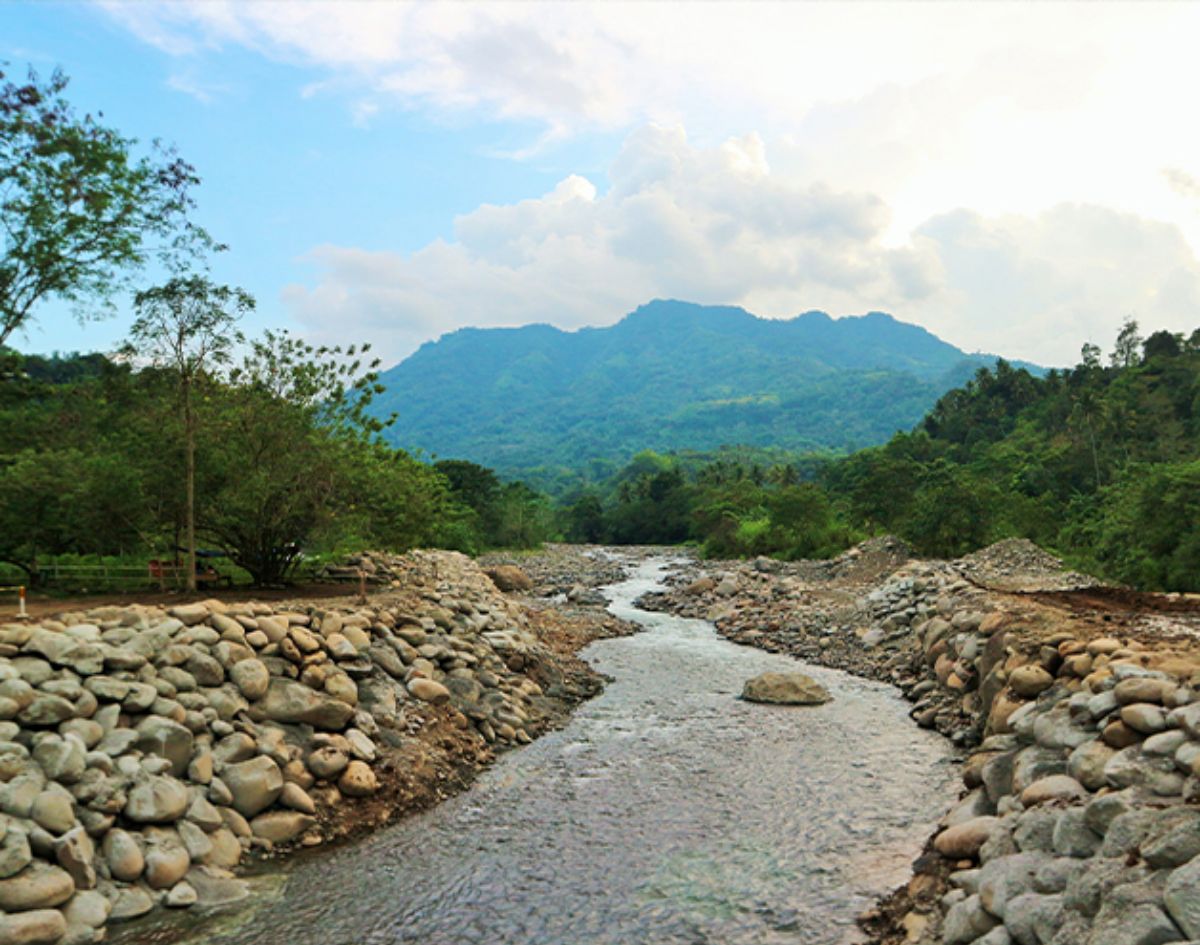
Infrastructure plays a vital role in the economic development of the country. From providing roads for us to drive on, to powering entire cities 24/7, it enables society to function more efficiently.
The impact of infrastructure projects is far-reaching and is widely considered the key to sustainable development and inclusive growth. This impact is what drives us to include environmental, social, and governance (ESG) considerations in every project that we take on.
Integrating ESG in the infrastructure sector provides us and our stakeholders the opportunity to build more innovative and more sustainable infrastructure that serves not just today’s generation, but future generations as well.

This gradual shift in the industry mindset is motivated by stakeholders, especially investors, who are particularly concerned about the integrity of ESG practices in infrastructure projects that affect the wider society.
As a result, ESG frameworks have expanded to include a wide range of ‘soft’ and ‘hard’ regulations, which in turn lead to both societal and legal obligations facing businesses. Having such a framework urges them to incorporate material ESG considerations into their decision-making processes.
Following a framework is crucial in reducing not just environmental, but also regulatory and litigation risks associated with ESG. Reports show that 97% of infrastructure companies with infrastructure assets are exposed to ESG risks that have significant potential to impact their credit ratings if the risks are not actively and appropriately managed.
The same report also showed that ESG strategies could also drive value by boosting the long-term valuation and reputation of an organization. These report findings are proof that ESG can no longer be ignored in this sector. Organizations that can coexist in productive harmony with nature while driving social and economic development for future generations are simply more attractive to stakeholders and society as a whole.

Building sustainable infrastructure systems is a necessary approach to achieving the UN SDGs. These are the infrastructure developments that are planned, designed, constructed, operated, and decommissioned in a manner that ensures economic and financial, social, environmental (including climate resilience), and institutional sustainability over the entire infrastructure life cycle.
Integrating ESG into infrastructure investment decisions needs a systematic approach to evaluating a project’s ability to reduce environmental and social risks while creating long-term value for stakeholders. A risk-informed approach will also lead toward more resilient infrastructure systems that can be relied on by communities should there be any disruptions such as a pandemic or climate-related disruptions.
Through our subsidiary Aboitiz InfraCapital, we aim to transform lives and meet the evolving needs of Filipinos by pursuing purposeful infrastructure projects that empower communities, and promote resource efficiency and sustainable operations. To ensure this, we do due diligence on environmental management, labor rights, social responsibility, and fair and ethical governance of all our ventures.
These protocols can be seen in how we establish and operate our infrastructure projects. One example is our bid to provide safe and sustainable quality drinking water for Davaoenos through Apo Agua’s Davao City Bulk Water Supply Project.
To shift Davao City’s dependency on groundwater wells, Apo Agua taps into the Tamugan River, a more sustainable source of water in the heart of Davao District. Through this project, we will be able to supply over one million Davaoeños with 300 million liters of clean water per day (MLD) — more than enough for the fast-growing city.
The project’s water treatment facility will be powered by renewable energy sourced from a two-megawatt run-of-river hydroelectric power plant. This innovation is called a “water-energy nexus” concept and will be the first of its kind in Southeast Asia.
Another example of our commitment to ESG is how we operate our LIMA Estate, an 800 -hectare Philippine Economic Zone Authority (PEZA)–registered zone and the number one selling industrial estate in the Philippines. It has been widely recognized here and abroad as the leader in industrial-anchored mixed-use development as well as sustainable industrial development.
To meet the needs of the 60,000-plus employees working in the zone, we developed over 100 retail stores and restaurants, a 138-room 4-star hotel, a transportation hub, and over 2,000 households. LIMA Estate also plans to build more dormitories, hotels, schools, hospitals, churches, and other institutions to benefit the community.
We also do our part for societal reform. The Aboitiz Group, in partnership with GET Philippines, recently launched GET Cebu — a fleet of low-emission, electric-powered, and air-conditioned COMET Buses to ply the major thoroughfares in Cebu. This is in line with the continuous transformation of the Mactan Economic Zone 2 (MEZ2) Estate of Aboitiz InfraCapital (AIC). These buses provide sustainable and eco-friendly transportation, which we believe is key to future-proofing the area and laying the foundation for greener infrastructure.
In every example, we show that we are committed to creating environmentally resilient spaces for the benefit of our stakeholders while preserving the overall health and wellness of the environment around them.
At Aboitiz, our ESG framework is deeply rooted in our every project. The results of our efforts allow us to achieve our goal to uplift lives and spur economic growth — all while preserving our natural environment.
And we do so with complete transparency. We measure our sustainability and all our efforts to improve people’s lives and help make our planet livable for future generations. This information is available in our annual reports that can be accessed on our website. . You can read about our projects through our media center, or through our AEV report.
In the infrastructure sector, ESG issues remain critical considerations for organizations and investors alike, given the dire state of global climate change, and the long-term time horizon required for infrastructure projects.
To drive ESG considerations throughout our business, Aboitiz focuses on projects that we believe can make the biggest positive difference in the lives of our fellow Filipinos, while having the least adverse effect on our environment. This puts us in an ideal position to effectively, ethically, and sustainably address the material needs of our communities, and to build the foundation for the future generation of smart cities.